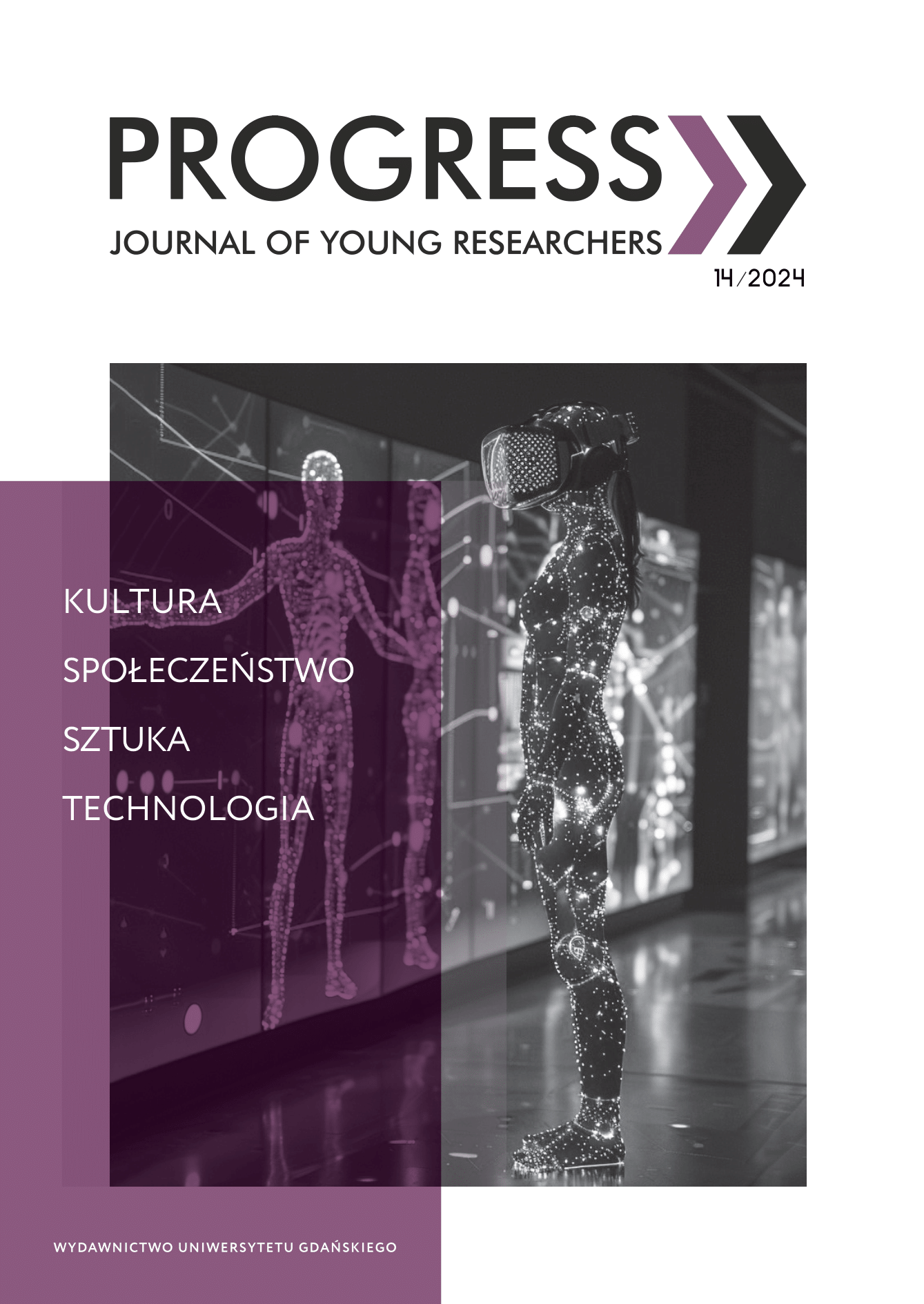Assesment and experiences of patients in Gdansk on changes in the operation of treatment and support facilities for individuals addicted to illegal psychoactive substances during the COVID-19 pandemic
DOI:
https://doi.org/10.26881/prog.2024.14.08Keywords:
addiction, psychoactive substances, online therapy, pandemic, COVID-19Abstract
Researches in various fields of science have been interested in the problem of substance abuse since the first half of the 20th century, but the need for new solutions seems to be endless – the current knowledge has to be constantly reviewed and improved. Modern world reality poses new challenges in subject of substance abuse, one of them being the pandemic crisis. In this study I present how the treatment and support system for addicted works during that period. Various forms of remote treatment have been introduced in response to the pandemic restrictions. In the study I have focused on the changes with direct impact on the treatment of the recipients. Deriving out of subjective perspective I try to examine how the respondents evaluate changes in the support system forced by pandemic restrictions as part of their own therapeutic process. The conclusions are based on an empirical qualitative study using the technique of open in-depth interview. The obtained data indicate that an online form of individual therapy and group activities may be beneficial in some particular cases. Therefore, the situation of the COVID-19 pandemic may contribute to the improvement of the process of treatment offered by institutions. Pointing out the needs of respondents, the study I have conducted could indicate the direction of changes that may improve the quality of the support provided. This paper might be a contribution to the wider research on online forms of communication and its appliances to the system of treatment and support for addicted.
Downloads
References
Bauman T., 1998, O możliwości zastosowania metod jakościowych w badaniach pedagogicznych, w: Pilch T. (red.), Zasady badań pedagogicznych, Warszawa.
Brosz M. (red.), 2018, Narkotyki, alkohol, dopalacze. Diagnoza problemu. Studium socjologiczne na podstawie badań wśród mieszkańców Gdańska, Kawle Dolne.
Bukowska B., 2016, Leczenie osób uzależnionych od narkotyków w Polsce, w: P.M. Miller (red.), Terapia Uzależnień. Metody oparte na dowodach naukowych, Warszawa.
Carson R.C., Butcher J.N., Mineka S., 2003, Psychologia zaburzeń, Gdańsk.
Habrat B., 2008, Leczenie substytucyjne – korzyści dla pacjenta i społeczeństwa, „Służba Zdrowia. Substytucyjne leczenie uzależnień – szansa wciąż niewykorzystana”, nr 71–75
Jędrzejko M., Kowalewska A., 2009, Uzależnienia – wybrane pojęcia i definicje, w: M. Jędrzejko (red.), Współczesne teorie i praktyka profilaktyki uzależnień chemicznych i niechemicznych, Warszawa.
Kaczmarczyk I. (red.), 2020, Terapia w obliczu epidemii koronawirusa – sonda redakcyjna, „Terapia Uzależnienia i Współuzależnienia”, nr 2.
Karpowicz P., 2002, Narkotyki. Jak pomóc człowiekowi i jego rodzinie?, Białystok.
Kowalewicz T. (red.), 2018, Budowanie lokalnej strategii przeciwdziałania narkomanii. Podręcznik dla samorządów, Warszawa.
Krajowe Biuro Przeciwdziałania Narkomanii, 2017, Leczenie substytucyjne, 16.11.2017, https://kbpn.gov.pl/portal?id=106992 https://www.kbpn.gov.pl/portal?id=106992 [dostęp: 6.11.2023].
Krajowe Biuro Przeciwdziałania Narkomanii, 2022, Lista programów leczenia substytucyjnego, 19.08.2022, https://kbpn.gov.pl/portal?id=107094 [dostęp: 6.11.2023].
Koczurowska J., 2012, Model stacjonarnej pomocy psychologicznej osobom uzależnionym, Polska Federacja Społeczności Terapeutycznych, 17.05.2012, http://pfst.pl/model-stacjonarnej-pomocy-psychologicznej-osobom-uzaleznionym [dostęp: 6.11.2023].
Malczewski A., Jabłoński P. (red.), 2020, Raport o stanie narkomanii w Polsce 2020, Warszawa.
Palka S., 2006, Metodologia. Badania. Praktyka pedagogiczna, Gdańsk.
Pilch T., 1998, Terminy i pojęcia badań pedagogicznych, w: J.M. Snieciński (red.), Zasady badań pedagogicznych, Warszawa.
Ustawa z dnia 2 marca 2020 r. o szczególnych rozwiązaniach związanych z zapobieganiem, przeciwdziałaniem i zwalczaniem COVID-19, innych chorób zakaźnych oraz wywołanych nimi sytuacji kryzysowych, https://isap.sejm.gov.pl/isap.nsf/DocDetails.xsp?id=WDU20200000374 [dostęp:
04.2024].
Zajączkowski K., 2003, Uzależnienia od substancji psychoaktywnych, Warszawa.
Downloads
Published
How to Cite
Issue
Section
License
Copyright (c) 2024 Author(s)

This work is licensed under a Creative Commons Attribution 4.0 International License.

 Academic Scientific Journals
Academic Scientific Journals




